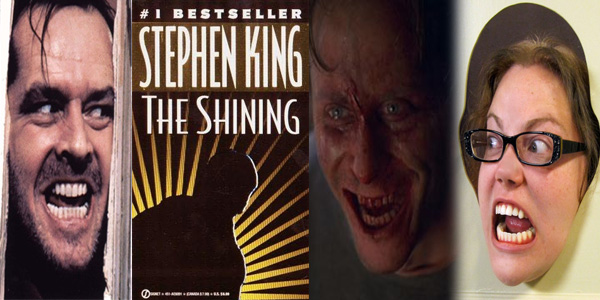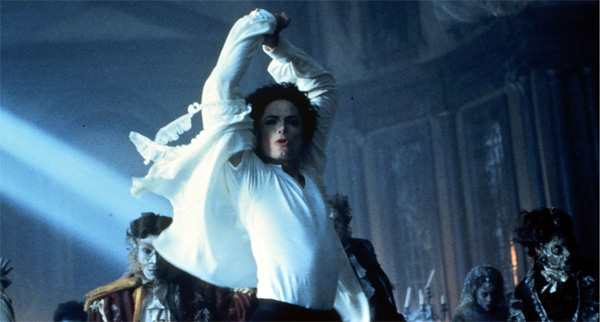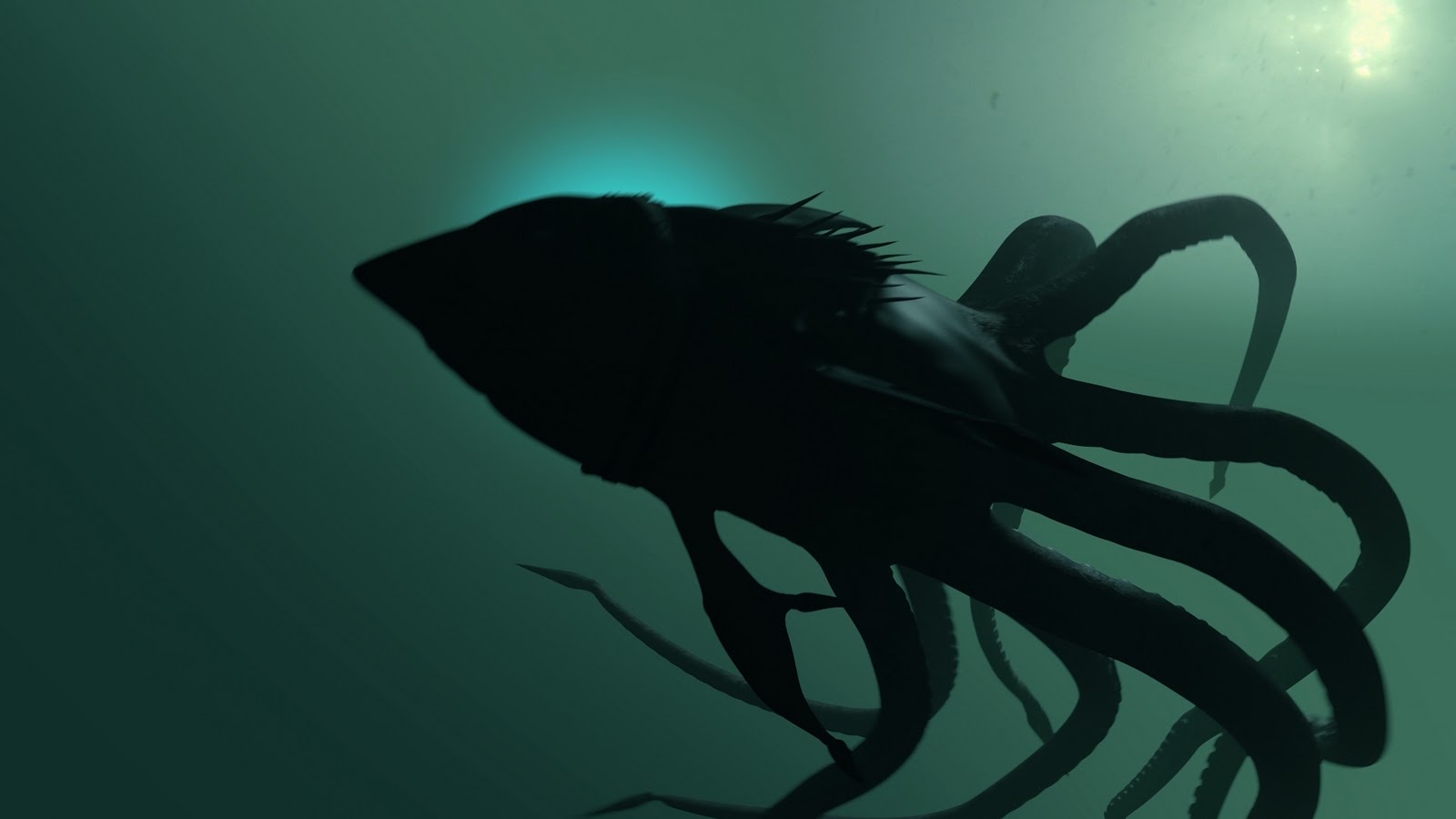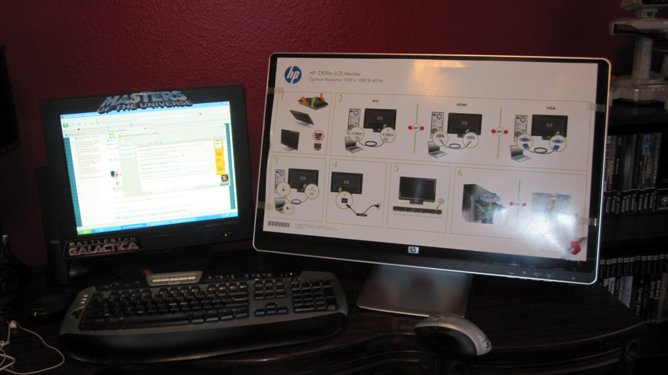
The Shining: A novel written by Stephen King in 1977, adapted to a film in 1980, and remade as a miniseries in 1997. Remembering very little other than the Simpsons parody of the movie, I decided to watch and read all of them over the course of a week in order to better compare and contrast the contents. I did this in a very specific order, watching the movie first so as not to punish it for any dissimilarity to the book, then reading the book, and finally watching the miniseries, which I recall being hyped as completely true to the book. What I learned is that while each version contains the same basic elements, they all end up telling a very different story.
The Movie
The movie is first and foremost a story about Jack Torrance. Jack Torrance has been hired to be the winter caretaker of the Overlook Hotel. A former teacher, he considers himself primarily a writer and is looking forward to the long winter ahead in order to have more time to write. It is revealed that he has had problems with alcohol in the past, though it’s not a primary concern. It’s further revealed that a previous winter caretaker developed a severe case of cabin fever and killed himself after murdering his wife and two daughters with an axe. Jack’s five-year-old son, Danny, suffers from seizures over the course of which he sees glimpses of the present and the past. A shy boy, he communicates any sad or negative feelings with his mother, Wendy, through the use of “Tony”–a growly voiced (though polite) finger puppet. He also talks to himself via Tony in order to discuss current events, compartmentalizing his personality so he can better deal with his strange abilities. Neither parent openly acknowledges Danny’s abilities, and they are concerned that Tony is a sign of being mal-adjusted. When the family first arrives at the hotel, they meet a cook, Hallorann, who shares Danny’s abilities, and he tells Danny that if they run into any trouble over the course of the winter, to call him telepathically and he’ll come on the run. Danny occasionally sees remnants of bad things that have occurred over the course of the hotel’s history, while wandering the halls. The winter isolation is harder on Jack than he imagined it would be; his writer’s block is not alleviated by all of the free time, and because writing is his primary focus, the frustration becomes paramount. He begins to take out his frustrations on the family, first emotionally punishing them, and then falling so deeply into self-induced delusions that he attempts to murder his family with an axe, which he believes is the key to removing his writer’s block. Jack has disabled the CB radio, so Danny telepathically calls Hallorann, who indeed does come on the run, but is immediately murdered by Jack upon his arrival. Danny escapes outdoors into the hedge maze; Jack becomes lost and freezes to death while Danny and Wendy escape.
The Book
The book is first and foremost a story about the Overlook Hotel. Jack Torrance, a recovering alcoholic with a bad temper who learned both habits from his father, has lost his teaching job after beating up a student for slashing his tires. A former drinking buddy has gotten Jack the winter caretaker position at the Overlook, for which Jack feels both grateful and resentful. Grateful for the opportunity, resentful that this friend should have so much more power than he, even though they both have been sloppy drunk together. Ullman, the manager of the hotel, is not pleased about having to hire Jack, as he loves the hotel, and has looked into Jack’s history and deemed him a poor candidate for such an important job. Jack’s five-year-old son, Danny, can read minds and has glimpses of the past/present/near future. Neither parent openly acknowledges Danny’s abilities at first, and are unsettled by them. When the family first arrives at the hotel, they meet a cook, Hallorann, who shares Danny’s abilities, and he tells Danny that if they run into any trouble over the course of the winter, to call him telepathically and he’ll come on the run. Danny is concerned about his parents’ marriage; he can see them contemplating a divorce, centering around his father’s temper, especially after doing “the bad thing” (drinking). He knows that going to The Overlook is a bad idea, but he also knows that there is no choice–his father needs a job. While at the Overlook, Jack discovers a scrapbook detailing all of the juicy, scandalous, hushed-up history of the hotel–gangland murders, etc. The hotel fuels an obsession in him; the ghosts and negative energy of the place becoming stronger day by day, slowly taking over Jack’s persona. Jack makes a last-ditch effort to save himself from the effects of the hotel by calling Ullman and letting him know he intends to write a tell-all book about the hotel, attempting to get himself fired so he can take his family and leave. Instead, he enrages the manger, who calls Jack’s drinking buddy, who impresses upon Jack that he must never write such a book, and leaves him feeling like a scolded child. Jack’s self-loathing takes hold and manifests into visions and memories of his abusive father; Jack loses hold of reality as the ghosts take over and ply him with manifested alcohol. While possessed by the negative spirits, thoughts of what his father would say, and his old nemesis alcohol, Jack destroys the CB radio and cripples the snowmobile, leaving them with no contact with the outside world and no means of escape. The hotel also begins stalking Danny in virtually every instance in which Danny is alone, attacking him with a woman who had died in the bathtub, regenerating wasps in a previously empty nest in Danny’s room, animating the hedge animals, sending a dead child after him in a snow tunnel, even animating a fire hose which menaces him like a venomous snake. It’s important to the ghosts in the hotel that Danny dies there, as his “shining” abilities make them much more powerful and able to manifest in physical form. The bits of Jack that remain in his near-shell of a body are tortured by feelings of inadequacy and a need to prove himself; he is enraged by the idea that the hotel might want his son more than it wants him, and thus he attempts to kill his family with a roque mallet to prove his worthiness. Danny calls Hallorann telepathically, who comes on the run. Hallorann finds Wendy severely beaten though not dead, and in his shock and horror, Jack sneaks up on him and hits him on the head with the same mallet, blacking him out. Jack then begins the search for Danny, and finds him on the third floor. Danny sees there is very little of his father left, that he’s nearly wholly possessed by the spirits of the hotel, and bravely informs the spectre in front of him that he knows the hotel has used his father. The last human part of Jack comes forth for a moment, encouraging Danny to run away because he loves him, but Danny doesn’t leave. The hotel spirits take over again and try to kill Danny, but Danny says he knows what his father has forgotten–that he hadn’t dumped the boiler that day, and that the hotel is about to explode. The spectre runs off to the boiler room, screaming that it can’t be too late, while Danny, Wendy, and Hallorann escape the building. The boiler explodes, the hotel goes up in flames, and in a last-ditch effort, the spirits attempt to take over Hallorann and have him kill Danny. Hallorann manages to shake it off, and it ends with Wendy and Danny trying to start a new life across the country.
The Miniseries
The miniseries is first and foremost a story about Danny Torrance, a seven year old boy with supernatural abilities. He can read minds, he sees glimpses of the future via a friend he calls Tony; he knows things that have happened without having been present. Hardly a minute passes without Danny using his powers to see something spooky. His parents are aware of and occasionally utilize his abilities when it’s convenient; for example, Wendy asks her son if his father got the job and celebrates when he answers in the affirmative. When Jack gets home, he acknowledges that she already knew he had the job from “the little Kreskin”. However, when Danny sees a bloody roque mallet sitting on his father’s front seat instead of groceries, no one is concerned enough to ask him what he might know about the hotel. Jack Torrance is a man who suffers from alcoholism and violent mood swings, going from loving father and able caretaker to enraged abuser in seconds. When the family first arrives at the hotel, they meet a cook, Hallorann, who shares Danny’s abilities, and he tells Danny that if they run into any trouble over the course of the winter, to call him telepathically and he’ll come on the run. Jack lost his teaching job after beating up a student for slashing his tires. A former drinking buddy has gotten Jack the winter caretaker position at the Overlook, which he accepts as he wants to use the time to write his play. While there, Jack becomes obsessed with the sordid history of the hotel, and as he reads about it, the spooky activity of the hotel increases. Danny begins to tell his mother about the spooky things he sees at the hotel, but she doesn’t believe him, as it’s convenient to the plot. Jack becomes lost in the psychic side of the hotel for a time, envisioning himself at parties filled with characters from the hotel’s history, but then he’ll look up for a moment and everyone will be gone, save for a bottle of alcohol. It leads one to believe that Danny is creating all of the negative things that are happening at the hotel with his abilities, and has thus driven his father over the edge. Danny believes that the hotel wants him, and that he has had a part in creating these monsters, but that they’re out of his control. Jack smashes the CB radio and the snowmobile with a roque mallet, preventing the family’s escape; Danny telepathically calls Hallorann to come save them. Jack attacks Wendy and then Hallorann with the mallet, eventually coming after Danny, who says he knows what his father has forgotten–that he hadn’t dumped the boiler that day, and that the hotel is about to explode. The spectre runs off to the boiler room, screaming that it can’t be too late. It wasn’t too late, but Danny manages to telepathically connect with his father to convince him to allow the hotel to explode, redeeming himself, while Danny, Wendy, and Hallorann escape the building. It ends with Danny graduating high school–his high school self is the spitting image of Tony. Oh, and the Overlook is being rebuilt.
So what does this all mean?
It’s impressive that given the same overall framework for the story, they all manage to be so different. The book and the movie each have their own merits–the book a commentary on the breakdown of a family unit, how alcoholism and abuse can be a vicious cycle, and like wasps, these things can hurt you over and over and over again. The movie is full of iconic imagery–the blood-filled elevator, Jack sitting at an empty bar that comes to life around him. The miniseries, which I began to call “The Shitting” after the first few minutes, isn’t worth watching. Stephen King was unhappy with the film because he felt that Kubrick had had missed some of the major themes, one of which was alcoholism. So, given the opportunity to make a miniseries, King decided to rectify this by making sure that the audience knew that Jack Torrance was the king (wordplay intended) of alcoholics. “This guy is such an alcoholic, I don’t know if we’ve told you yet, but he loves alcohol, he’s in AA, let’s make sure he attends at least one AA meeting over the course of the miniseries, because it would be remiss if we didn’t tell you that buddy, does this guy ever have a problem with alcohol!” They then picked the most annoying child possible to play the role of Danny, a boy who people who don’t even like children are supposed to like, so his casting was a complete backfire. He was too old to play the role, so they revised the character’s age up to seven, but forgetting that doesn’t work with the boy being very bright and learning to read before his time, so now he comes off as kind of slow. The special effects were terrible–the stalking hedge animals looked like a mess of lumpy green blobs, and the overall effect was one of hilarity instead of creeping menace the way it was in the book. (I know this was 1997, but the technology did exist to make them look better than they ended up, even in that time period.) For something that repeatedly claimed in its advertisements to be completely true to the book, it seemed that every thing Kubrick got right from the book, they got rid of (to eliminate comparisons) and everything Kubrick missed is what they put in. Potentially due to pandering to a TV audience, they added a lot of “supernatural spooky things” to remind viewers that they were watching something scary because the menace of alcohol wasn’t enough, they need doors opening and closing on their own, and chairs falling off of tables, and fires starting in fireplaces! They also added the horrible TV ending cliche of the bad guy redeeming himself at the last second, which is NOT in the book, regardless of what’s written on the Wikipedia entries. Jack’s rage also plays a bigger role in the miniseries–he struggles with rage in the book, but for TV, they had him screaming at every opportunity, which makes him utterly unlikeable and serves to render his moment of redemption worthless. “I know daddy was a mean, drunken, abusive shitbag this whole time, but this whole ‘saving you’ thing makes up for it forever, right?” Nnnope. Stephen King is a fine novel and short story writer, but when it comes to film, he falls too far in love with his words to know what makes for a cohesive short experience, which is why he needed someone like Kubrick for the film–someone removed from the writing, who can see the big picture. I recently read King’s “On Writing”, where he advises writers to not be afraid to kill their babies in order to make the overall story better. When it comes to film, King needs to take his own advice.
Winners: The Shining, The Shining
Losers: The Shining, Me




